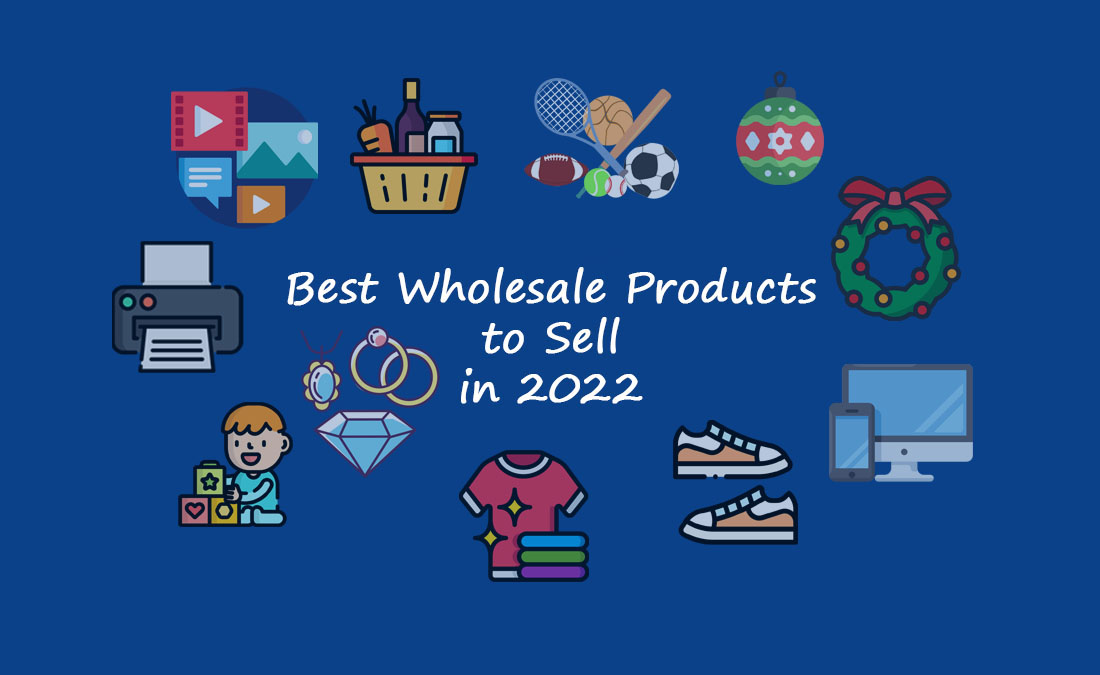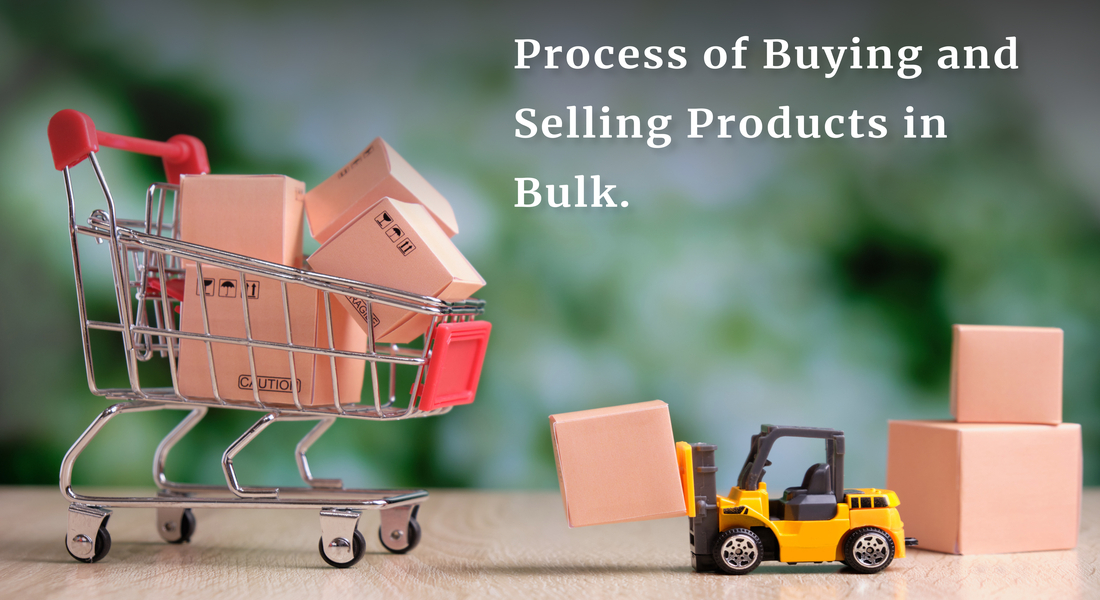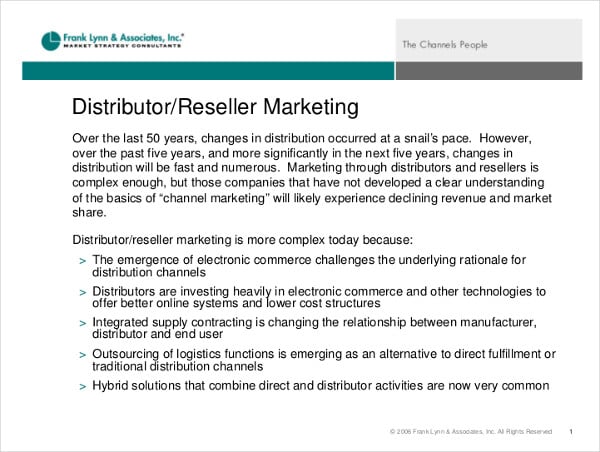The Benefits of Buying in Bulk for Resale
Purchasing items in bulk for resale can be a highly effective way to maximize profits and establish a successful business. By buying in bulk, entrepreneurs can take advantage of lower costs per unit, increased negotiating power, and improved profit margins. This strategy has been successfully employed by numerous businesses across various industries, from retail and e-commerce to manufacturing and distribution.
One of the primary benefits of buying in bulk for resale is the ability to negotiate better prices with suppliers. When purchasing large quantities of products, businesses can often secure discounts and other incentives that would not be available when buying smaller quantities. This can result in significant cost savings, which can be passed on to customers or used to increase profit margins.
In addition to cost savings, buying in bulk for resale can also provide businesses with increased negotiating power. By committing to large purchases, businesses can establish strong relationships with suppliers and gain more influence over pricing and other terms. This can be particularly beneficial for businesses that require consistent and reliable access to certain products or materials.
Furthermore, buying in bulk for resale can also improve profit margins. By purchasing products at a lower cost per unit, businesses can increase their profit margins and improve their overall financial performance. This can be particularly beneficial for businesses that operate in competitive markets, where small differences in pricing can have a significant impact on sales and revenue.
Examples of successful businesses that have utilized bulk purchasing strategies include Costco, Walmart, and Amazon. These companies have all leveraged their massive purchasing power to secure better prices and improve their profit margins. By adopting similar strategies, smaller businesses can also achieve significant cost savings and improve their competitiveness in the market.
When buying items in bulk to resell, it is essential to carefully consider several factors, including market demand, product quality, and supplier reliability. By doing so, businesses can ensure that they are making informed purchasing decisions and maximizing their potential for success. With the right strategy and approach, buying in bulk for resale can be a highly effective way to build a successful and profitable business.
How to Identify Profitable Products for Bulk Resale
Identifying profitable products for bulk resale is a crucial step in building a successful business. To find products that are in high demand and can be resold for a profit, it is essential to conduct thorough market research and analyze competition. This involves understanding consumer trends, preferences, and behaviors, as well as monitoring the activities of competitors and identifying gaps in the market.
One effective way to identify profitable products is to use online tools and platforms, such as Google Trends, Amazon Best Sellers, and eBay. These tools provide valuable insights into consumer demand and can help businesses identify products that are currently in high demand. Additionally, social media platforms, such as Facebook and Instagram, can be used to gauge consumer interest and sentiment around specific products.
Another important factor to consider when identifying profitable products is product quality. Businesses should look for products that are well-made, durable, and meet the needs of their target market. This involves evaluating the product’s features, specifications, and warranty, as well as reading reviews and ratings from other customers.
When buying items in bulk to resell, it is also essential to consider the product’s pricing and profit margins. Businesses should look for products that have a high demand and limited supply, as these products are likely to have higher profit margins. Additionally, businesses should consider the product’s pricing strategy, including the cost of production, distribution, and marketing.
Some popular products for bulk resale include electronics, fashion items, and home goods. These products are often in high demand and can be resold for a profit. However, businesses should be cautious of products that are subject to seasonal fluctuations in demand or have limited shelf life.
To mitigate the risks associated with buying in bulk, businesses should also consider the following strategies:
- Conduct thorough market research to understand consumer demand and trends.
- Analyze competition to identify gaps in the market and opportunities for differentiation.
- Evaluate product quality and features to ensure that they meet the needs of the target market.
- Consider the product’s pricing and profit margins to ensure that they are competitive and sustainable.
By following these strategies, businesses can identify profitable products for bulk resale and build a successful and sustainable business model.
Understanding Wholesale Pricing and Discounts
When buying items in bulk to resell, understanding wholesale pricing and discounts is crucial to securing the best prices and maximizing profits. Wholesale pricing refers to the cost of purchasing products in bulk from a supplier or manufacturer. Discounts, on the other hand, are reductions in the wholesale price that suppliers offer to buyers who meet certain conditions.
There are several types of wholesale pricing and discounts that businesses should be aware of when buying in bulk to resell. These include:
- Bulk discounts: These are discounts offered to buyers who purchase large quantities of products. The discount is usually based on the total quantity purchased, with higher quantities resulting in greater discounts.
- Volume discounts: These are discounts offered to buyers who purchase a certain volume of products within a specified period. The discount is usually based on the total volume purchased, with higher volumes resulting in greater discounts.
- Loyalty discounts: These are discounts offered to buyers who make repeat purchases from the same supplier. The discount is usually based on the buyer’s loyalty and purchasing history.
To negotiate the best prices with suppliers, businesses should be aware of the different types of wholesale pricing and discounts available. This involves researching the market, understanding the supplier’s pricing structure, and being prepared to negotiate. Some tips for negotiating with suppliers include:
- Know the market value of the product: Research the market to determine the average wholesale price of the product. This will give you a basis for your negotiation.
- Understand the supplier’s pricing structure: Ask the supplier about their pricing structure and any discounts they offer. This will help you determine the best price for your business.
- Be prepared to negotiate: Negotiation is a key part of buying in bulk to resell. Be prepared to negotiate the price, payment terms, and delivery schedule.
By understanding wholesale pricing and discounts, businesses can secure the best prices and maximize their profits when buying in bulk to resell. This involves researching the market, understanding the supplier’s pricing structure, and being prepared to negotiate.
Some popular wholesale pricing and discount strategies include:
- Price matching: This involves matching the price of a competitor to secure the sale.
- Price beating: This involves beating the price of a competitor to secure the sale.
- Bundle discounts: This involves offering discounts for purchasing multiple products together.
By incorporating these strategies into their wholesale pricing and discount structure, businesses can attract more customers, increase sales, and maximize profits.
Building Relationships with Reliable Suppliers
Establishing strong relationships with reliable suppliers is crucial when buying items in bulk to resell. A good supplier can provide high-quality products, competitive pricing, and reliable delivery, which are essential for building a successful resale business. On the other hand, a poor supplier can lead to delays, defects, and financial losses.
To build a strong relationship with a supplier, communication is key. This involves clearly communicating your needs, expectations, and concerns to the supplier. It’s also important to listen to the supplier’s needs and concerns, and to be responsive to their queries.
Trust is another essential component of a strong supplier relationship. This involves being reliable, honest, and transparent in your dealings with the supplier. It’s also important to demonstrate a commitment to the relationship and to be willing to work through any challenges that may arise.
Reliability is also critical when it comes to suppliers. This involves delivering products on time, meeting quality standards, and providing good customer service. A reliable supplier can help you build a strong reputation with your customers and can help you to establish a successful resale business.
To find and vet potential suppliers, there are several steps you can take. These include:
- Researching the supplier’s reputation online and through industry associations
- Checking the supplier’s product offerings and pricing
- Evaluating the supplier’s quality control processes and certifications
- Assessing the supplier’s customer service and support
- Visiting the supplier’s facilities and meeting with their team
By taking these steps, you can build a strong relationship with a reliable supplier and establish a successful resale business.
Some popular ways to find suppliers include:
- Attending trade shows and industry events
- Using online directories and marketplaces
- Asking for referrals from other businesses or industry associations
- Searching for suppliers on social media and online forums
By using these strategies, you can find and vet potential suppliers and establish a strong relationship with a reliable partner.
In addition to finding and vetting suppliers, it’s also important to negotiate contracts and agreements that protect your business interests. This includes:
- Defining the terms and conditions of the relationship
- Establishing pricing and payment terms
- Specifying delivery and shipping requirements
- Defining quality control and inspection processes
By negotiating a strong contract, you can protect your business interests and establish a successful resale business.
Managing Inventory and Logistics for Bulk Resale
Effective inventory management and logistics are crucial when buying items in bulk to resell. A well-managed inventory and logistics system can help you to minimize costs, maximize efficiency, and ensure timely delivery of products to your customers.
When managing inventory for bulk resale, it’s essential to consider the following factors:
- Storage: You’ll need to have sufficient storage space to hold your inventory. This can include warehouses, storage units, or even a dedicated storage area in your home or office.
- Inventory tracking: You’ll need to keep track of your inventory levels, including the quantity of each product, its location, and its condition.
- Shipping and handling: You’ll need to arrange for shipping and handling of your products, including packaging, labeling, and transportation.
To manage your inventory and logistics effectively, you can use a variety of tools and software, including:
- Inventory management software: This can help you to track your inventory levels, monitor stock levels, and automate ordering and shipping processes.
- Barcode scanners: These can help you to quickly and accurately track your inventory levels and monitor stock movements.
- Shipping software: This can help you to automate shipping processes, including printing labels and tracking packages.
In addition to using tools and software, you can also implement a number of best practices to manage your inventory and logistics effectively, including:
- Implementing a first-in, first-out (FIFO) inventory system: This can help you to ensure that older products are sold before newer ones, reducing the risk of inventory becoming obsolete.
- Conducting regular inventory audits: This can help you to identify any discrepancies in your inventory levels and ensure that your records are accurate.
- Developing a shipping and handling strategy: This can help you to ensure that your products are delivered to your customers quickly and efficiently.
By implementing these strategies and using the right tools and software, you can effectively manage your inventory and logistics when buying items in bulk to resell.
Some popular inventory management software for bulk resale includes:
- Zoho Inventory: This is a cloud-based inventory management software that allows you to track your inventory levels, monitor stock movements, and automate ordering and shipping processes.
- TradeGecko: This is a cloud-based inventory management software that allows you to track your inventory levels, monitor stock movements, and automate ordering and shipping processes.
- Skubana: This is a cloud-based inventory management software that allows you to track your inventory levels, monitor stock movements, and automate ordering and shipping processes.
By using these software solutions, you can streamline your inventory management and logistics processes, reducing costs and improving efficiency.
Marketing Strategies for Reselling Bulk Purchases
When buying items in bulk to resell, it’s essential to have a solid marketing strategy in place to reach potential customers and drive sales. In this article, we’ll explore some effective marketing strategies for reselling bulk purchases, including online marketplaces, social media, and email marketing.
Online marketplaces are a great way to reach a large audience and sell bulk purchases quickly. Some popular online marketplaces include:
- Amazon
- eBay
- Walmart Marketplace
- Jet.com
When selling on online marketplaces, it’s essential to optimize your product listings with relevant keywords, high-quality images, and detailed product descriptions. This will help your products stand out from the competition and attract more buyers.
Social media is another effective way to market bulk purchases. Platforms like Facebook, Instagram, and Twitter can help you reach a large audience and drive sales. Here are some tips for using social media to market bulk purchases:
- Use high-quality images and videos to showcase your products
- Utilize relevant hashtags to reach a wider audience
- Engage with your followers by responding to comments and messages
- Run social media ads to reach a larger audience and drive sales
Email marketing is also a great way to market bulk purchases. By building an email list and sending regular newsletters, you can keep your customers informed about new products, promotions, and sales. Here are some tips for using email marketing to market bulk purchases:
- Build an email list by offering incentives, such as discounts or free shipping
- Send regular newsletters to keep your customers informed about new products and promotions
- Use email marketing automation tools to personalize your emails and improve engagement
- Segment your email list to target specific groups of customers with relevant offers
In addition to these marketing strategies, it’s also essential to create a strong brand and build customer relationships. This can be done by:
- Developing a unique brand identity and voice
- Providing excellent customer service and support
- Offering loyalty programs and rewards to repeat customers
- Encouraging customer reviews and feedback
By implementing these marketing strategies and creating a strong brand, you can effectively market your bulk purchases and drive sales.
Some popular marketing tools for reselling bulk purchases include:
- Shopify
- BigCommerce
- Mailchimp
- Hootsuite
By using these tools, you can streamline your marketing efforts and reach a larger audience.
Common Mistakes to Avoid When Buying in Bulk for Resale
When buying items in bulk to resell, there are several common mistakes that can be costly and detrimental to your business. In this article, we’ll discuss some of the most common pitfalls to avoid when buying in bulk for resale, including overstocking, poor market research, and inadequate financing.
Overstocking is one of the most common mistakes made by bulk resale businesses. This occurs when a business purchases too much inventory, resulting in a surplus of products that cannot be sold. To avoid overstocking, it’s essential to conduct thorough market research and analyze sales data to determine the optimal inventory levels.
Poor market research is another common mistake made by bulk resale businesses. This occurs when a business fails to research the market demand for a particular product, resulting in a surplus of unsold inventory. To avoid poor market research, it’s essential to conduct thorough research on the market demand for a product before making a purchase.
Inadequate financing is also a common mistake made by bulk resale businesses. This occurs when a business fails to secure sufficient financing to cover the costs of purchasing and reselling products. To avoid inadequate financing, it’s essential to secure sufficient financing before making a purchase.
Other common mistakes to avoid when buying in bulk for resale include:
- Poor supplier relationships: Failing to establish strong relationships with suppliers can result in poor quality products, delayed shipments, and other issues.
- Inadequate inventory management: Failing to manage inventory effectively can result in overstocking, understocking, and other issues.
- Poor marketing strategies: Failing to develop effective marketing strategies can result in poor sales and revenue.
To mitigate these risks, it’s essential to develop a comprehensive business plan that includes market research, financial planning, and inventory management. It’s also essential to establish strong relationships with suppliers and to develop effective marketing strategies.
Some popular tools and resources for avoiding common mistakes when buying in bulk for resale include:
- Market research reports: These reports provide valuable insights into market trends and demand.
- Inventory management software: This software helps businesses to manage inventory effectively and avoid overstocking and understocking.
- Financing options: These options provide businesses with the necessary financing to cover the costs of purchasing and reselling products.
By avoiding common mistakes and using the right tools and resources, businesses can ensure success when buying in bulk for resale.
Scaling Your Bulk Resale Business for Long-Term Success
Scaling a bulk resale business requires careful planning, execution, and continuous learning. To achieve long-term success, it’s essential to expand product lines, increase marketing efforts, and optimize operations. In this article, we’ll discuss the importance of scaling a bulk resale business and provide tips on how to do it effectively.
Expanding product lines is a crucial step in scaling a bulk resale business. This involves identifying new products that are in high demand and can be resold for a profit. To do this, it’s essential to conduct thorough market research and analyze sales data to determine the optimal product mix.
Increasing marketing efforts is also essential for scaling a bulk resale business. This involves developing effective marketing strategies, such as online marketing, social media marketing, and email marketing. To do this, it’s essential to create a strong brand and build customer relationships.
Optimizing operations is also critical for scaling a bulk resale business. This involves streamlining inventory management, logistics, and shipping processes to reduce costs and improve efficiency. To do this, it’s essential to invest in inventory management software and tools.
Continuous learning and adaptation are also essential for scaling a bulk resale business. This involves staying up-to-date with market trends, analyzing competition, and evaluating product quality. To do this, it’s essential to attend industry events, read industry publications, and participate in online forums.
Some popular tools and resources for scaling a bulk resale business include:
- Inventory management software: This software helps businesses to manage inventory effectively and optimize logistics and shipping processes.
- Marketing automation tools: These tools help businesses to automate marketing processes, such as email marketing and social media marketing.
- Market research reports: These reports provide valuable insights into market trends and demand.
By scaling a bulk resale business effectively, businesses can achieve long-term success and increase profits. It’s essential to expand product lines, increase marketing efforts, and optimize operations to achieve this goal.
Some popular strategies for scaling a bulk resale business include:
- Dropshipping: This involves shipping products directly from the supplier to the customer, eliminating the need for inventory storage and management.
- Private labeling: This involves creating a private label brand and selling products under that brand.
- Wholesale arbitrage: This involves buying products at a low price and reselling them at a higher price.
By incorporating these strategies into a bulk resale business, businesses can achieve long-term success and increase profits.






